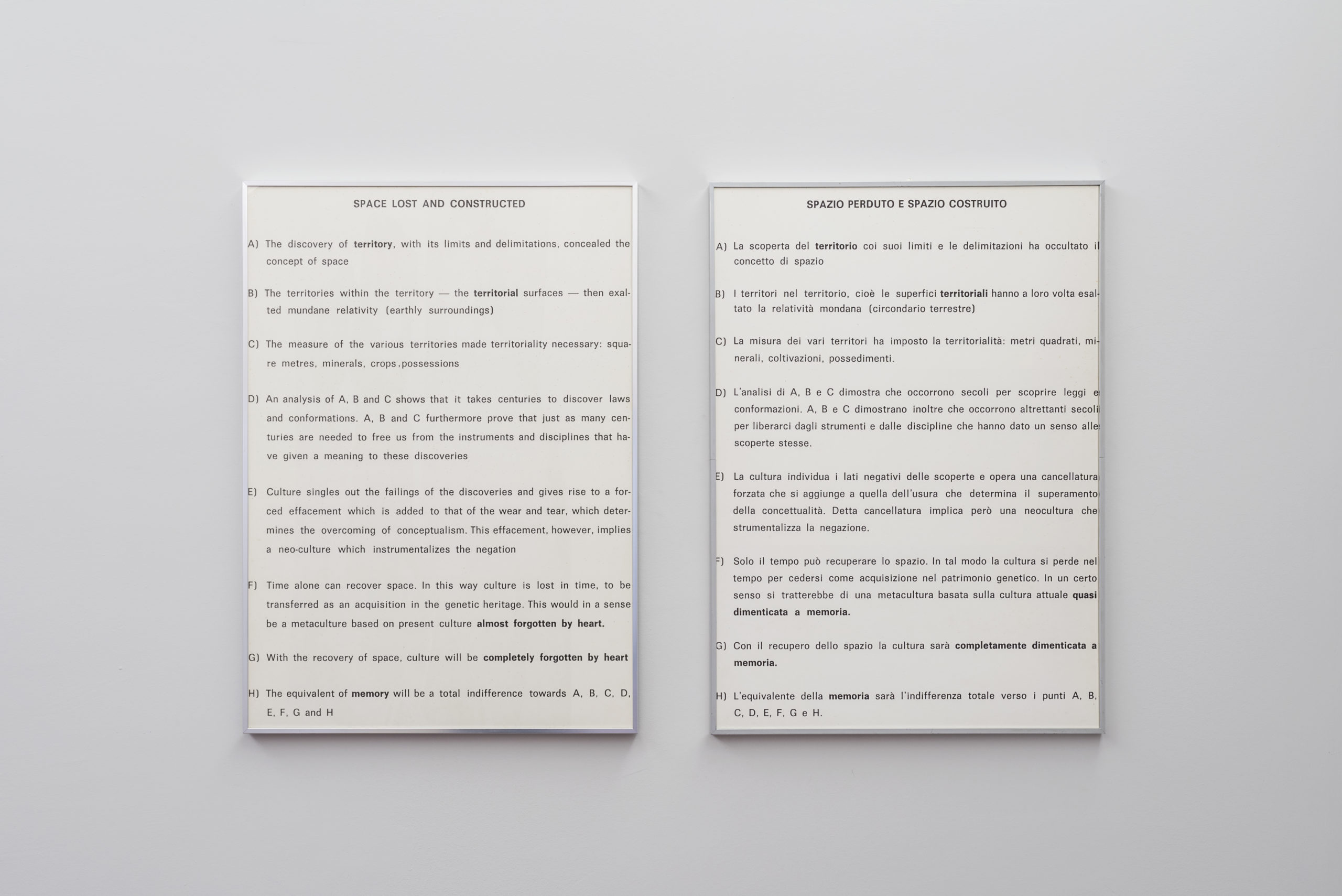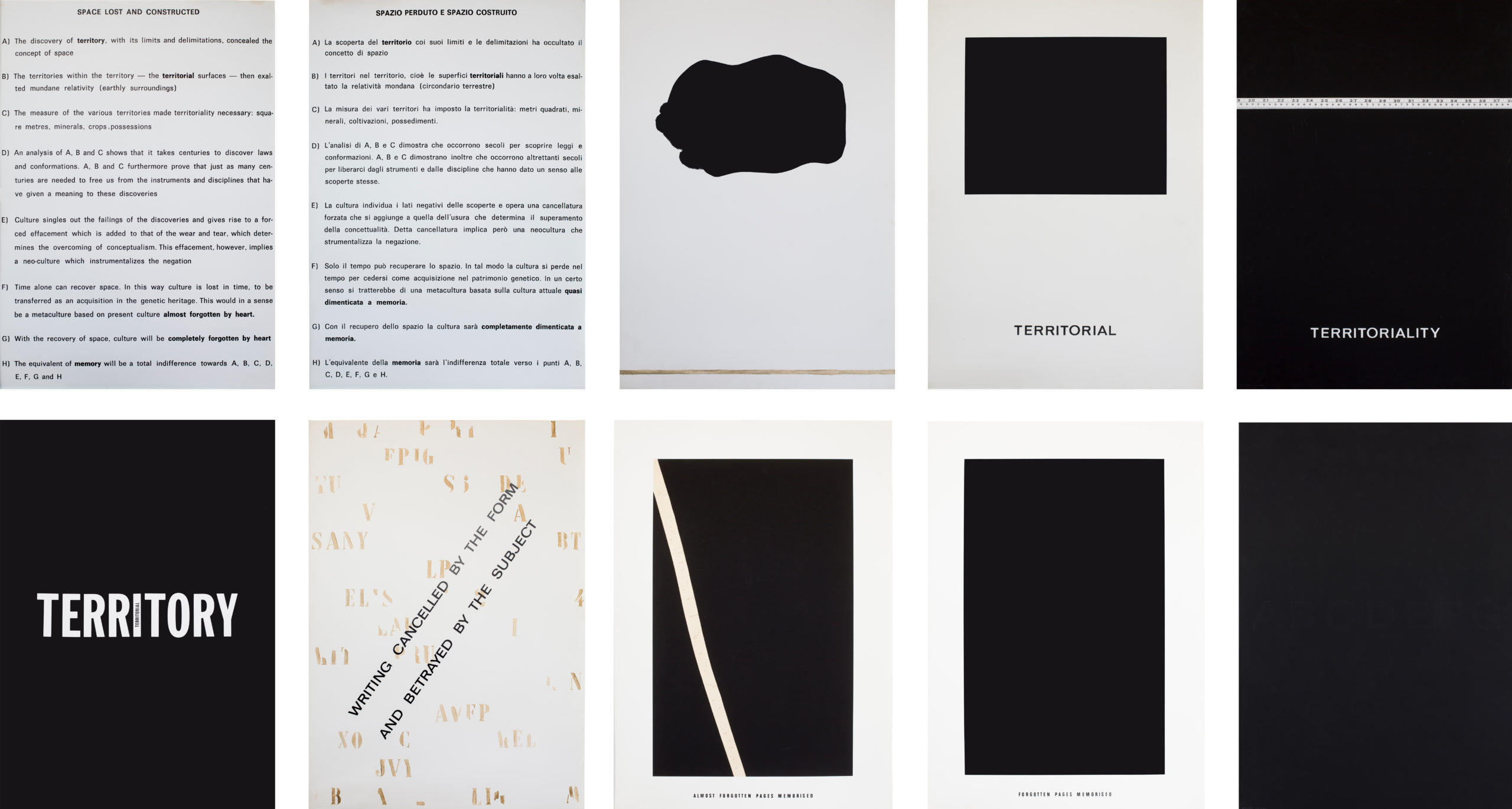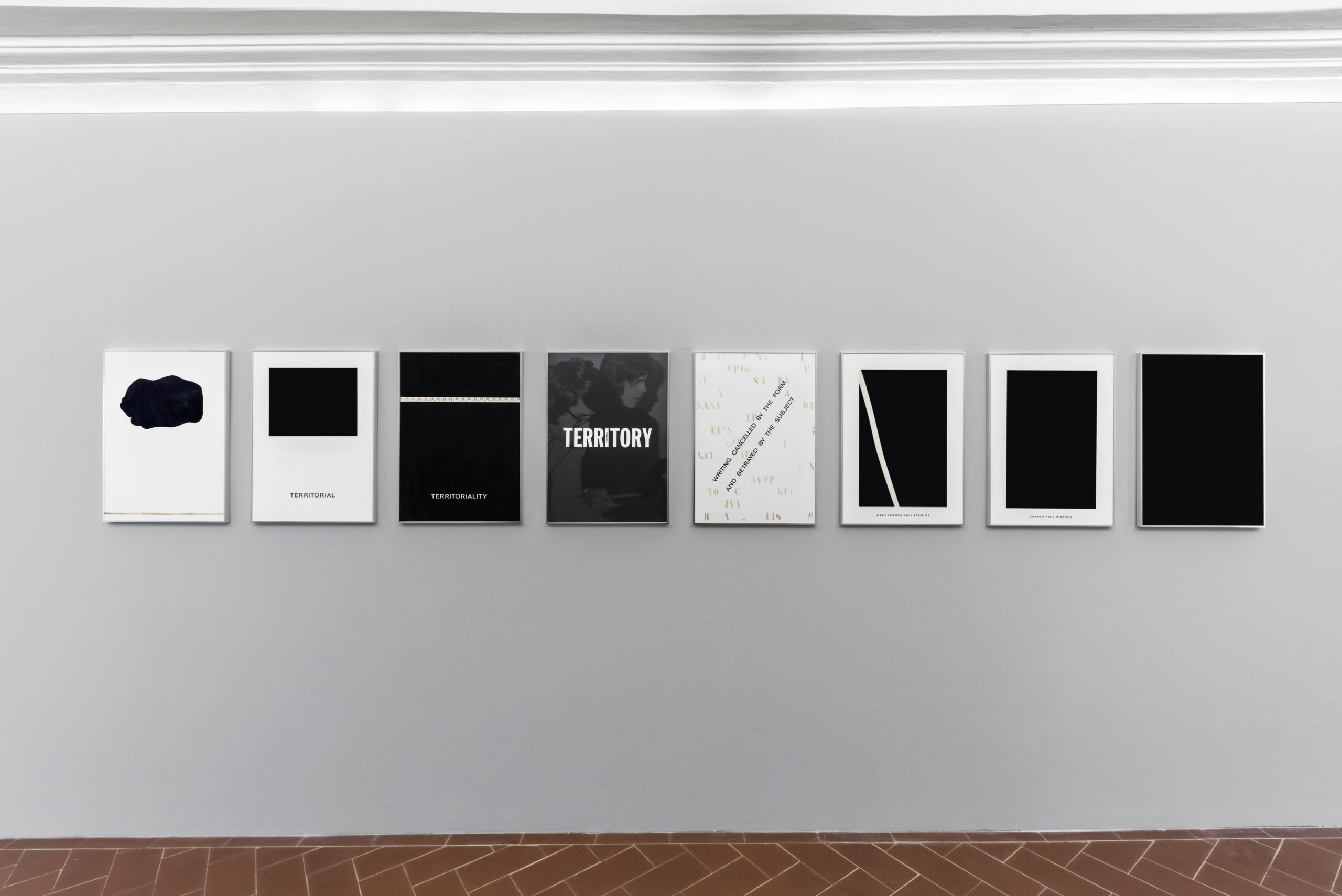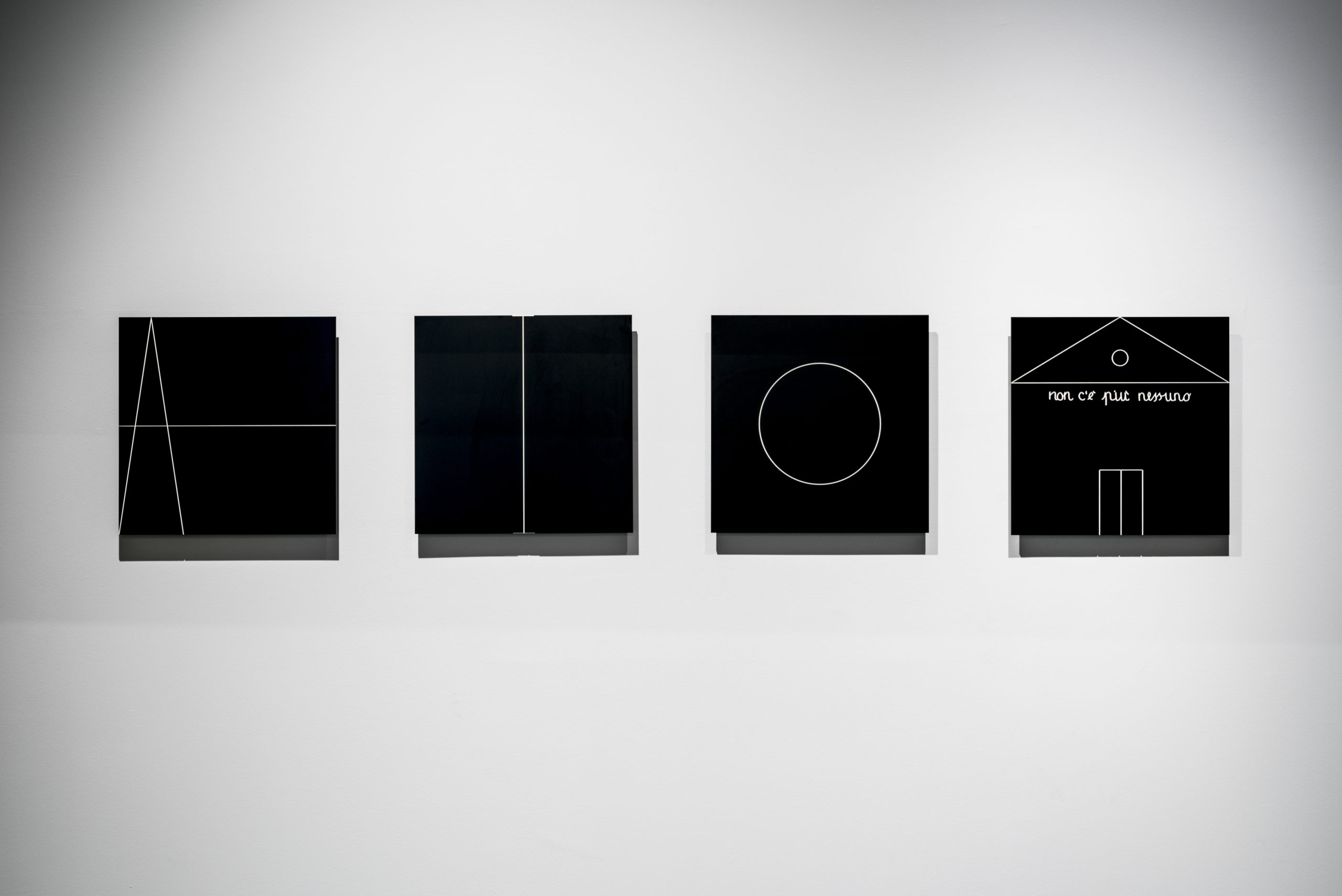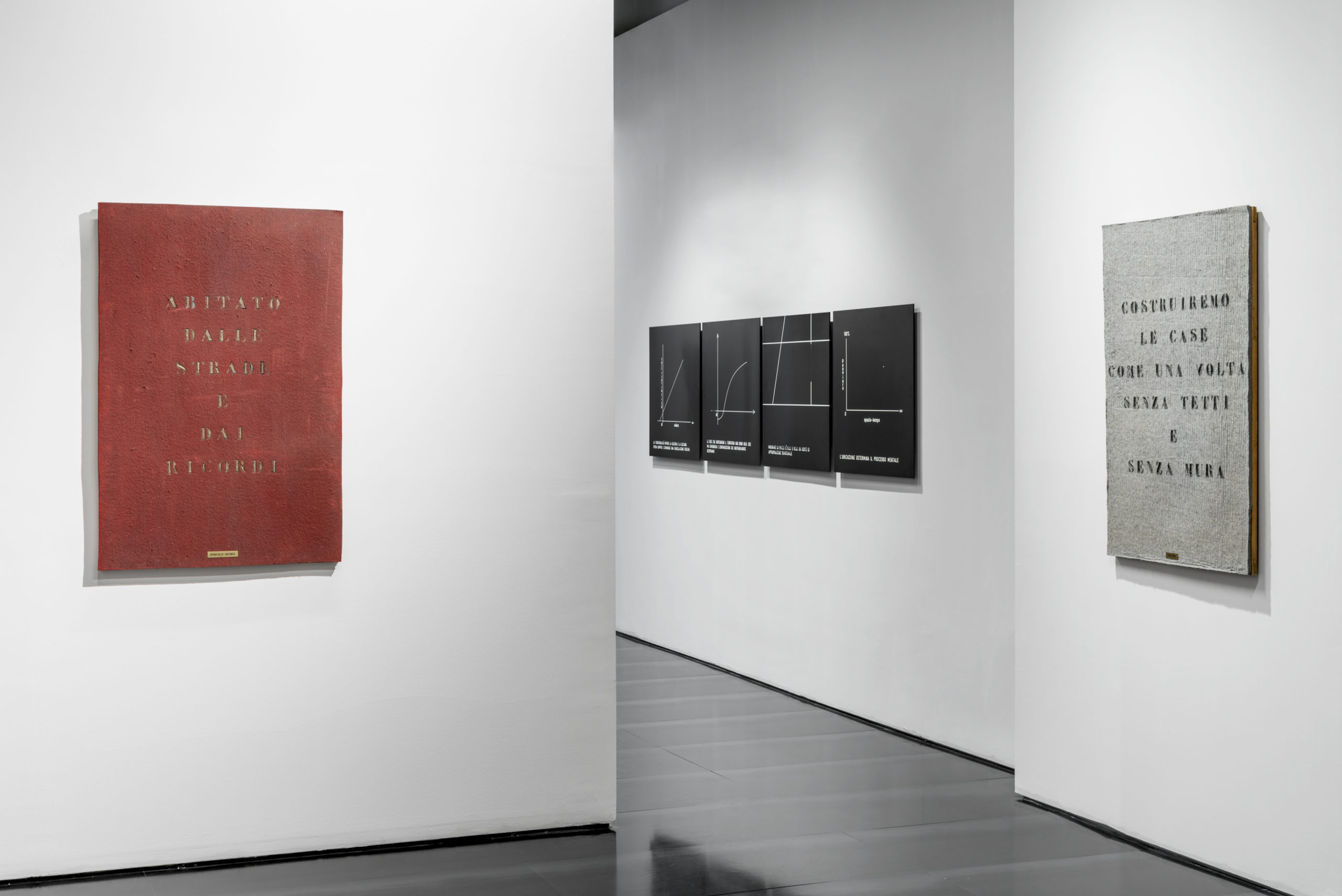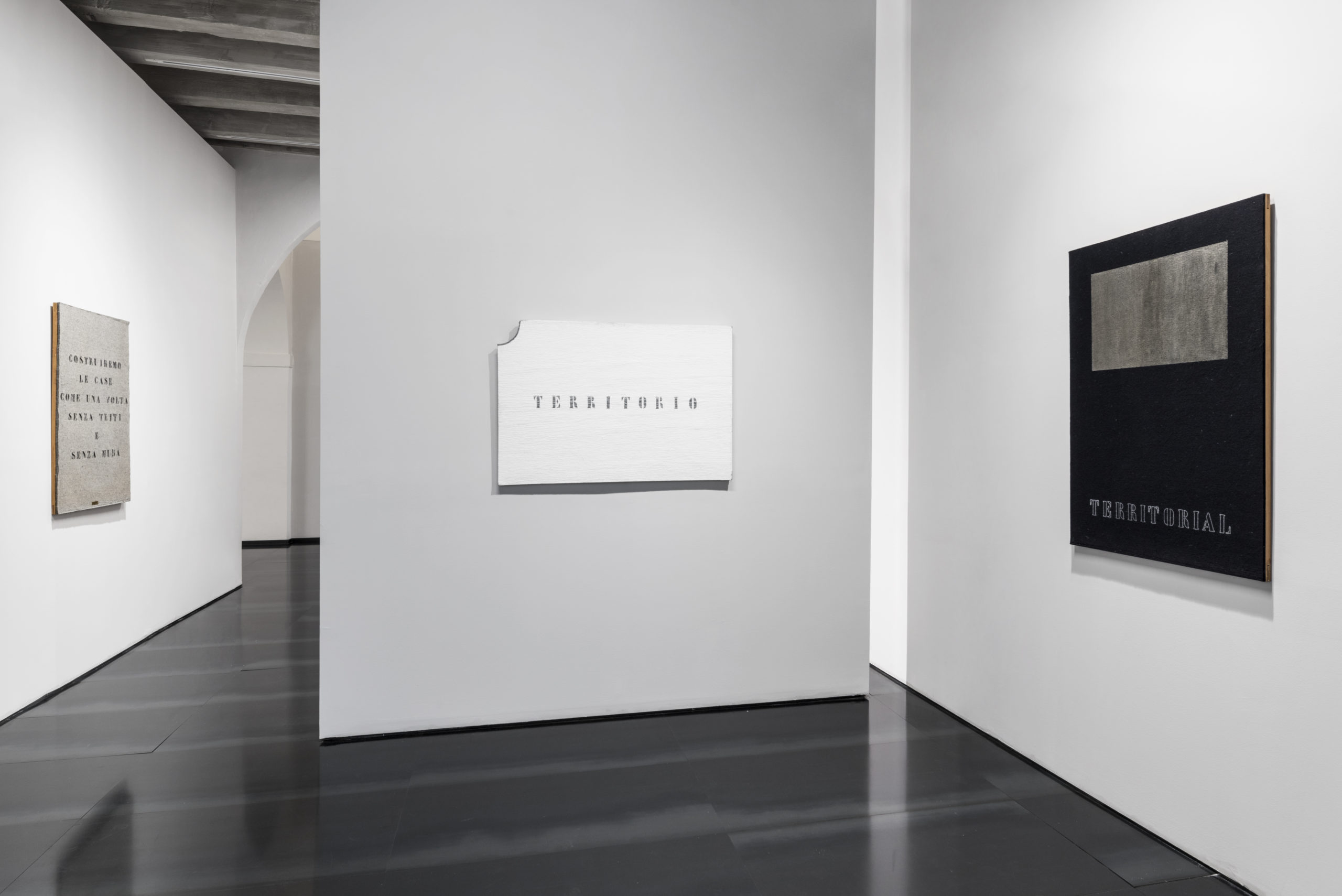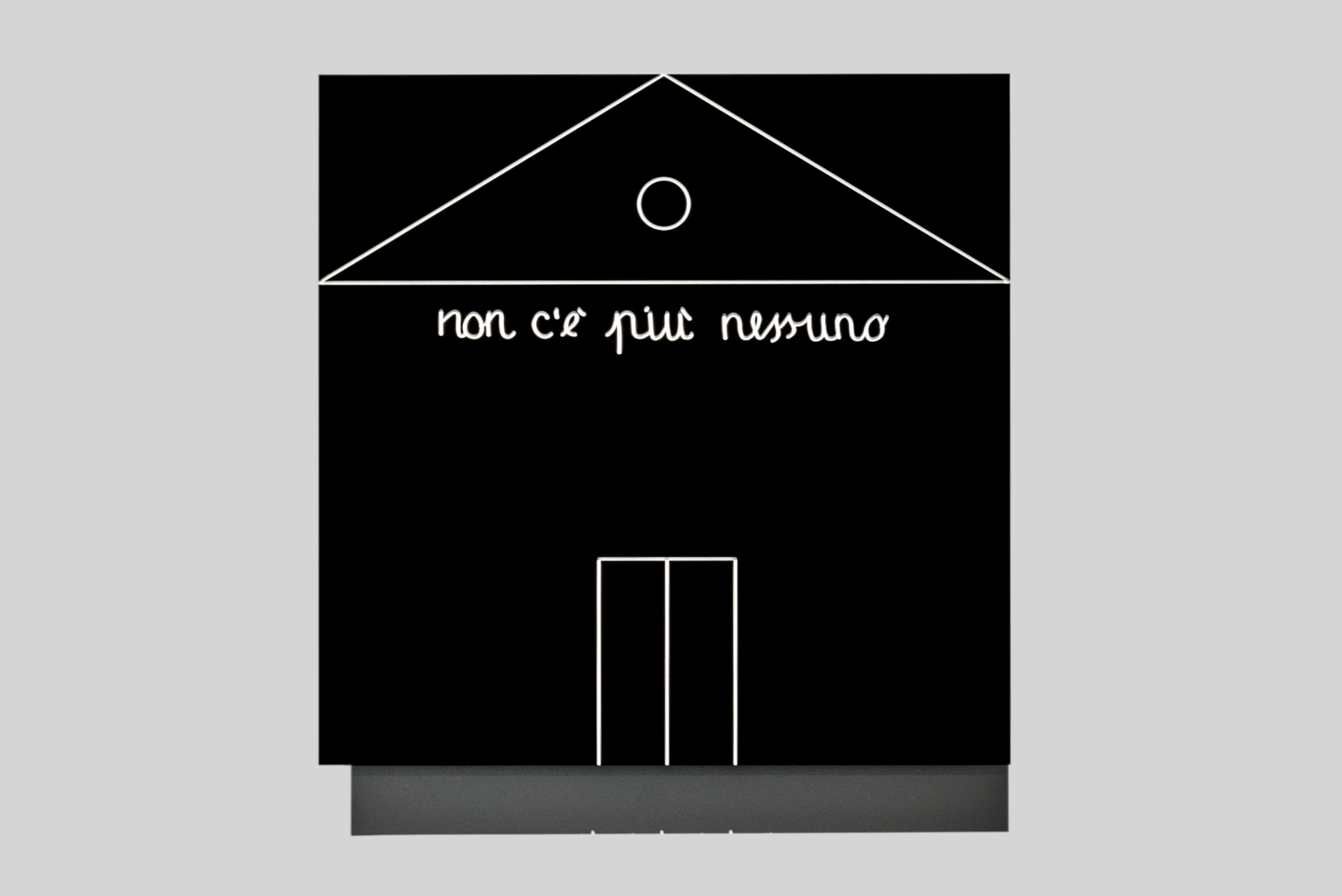Where and when
From
To
Museo Novecento
Curated by Giovanni Iovane, the new Solo appointment (12 April 2019 – 4 July 2019) is dedicated to Vincenzo Agnetti, one of the main exponents of conceptual art, creator of a research based on language through the development, with an ironic and poetic, an original reflection on the relationship between time and space, on communication, on political-social criticism.
Exhibition Hours
Summer Hours
Monday – Sunday
11:00 am
–
8:00 pm
Thursday
Vincenzo Agnetti (Milan 1926-1981) is the protagonist of the new appointment of Solo, the exhibition cycle of the Museo Novecento conceived by the artistic director Sergio Risaliti which offers from time to time a brief portrait of a great master of the twentieth century.
Friend of Enrico Castellani and Piero Manzoni, with whom he shares ideals and projects, he began his exhibition activity in 1967 with a solo show at the Palazzo dei Diamanti in Ferrara. In February 1971 he exhibited a series of felts and Bakelites at the Galleria Blu in Milan, inaugurating a prolific branch of his creative activity. The former are panels, fire-engraved or painted with color, depicting portraits and landscapes based on literary redundancies; the latter, which contrast with the felts for mental coldness and conceptual rigor, are Bakelite plates engraved and treated with water or nitro colors, in which diagrams and sentences express axioms, tautologies, contradictions, paradoxes.
The works on display constitute a significant nucleus of this type of work;
The etymology of both “city” and “territory” is fundamental for understanding or simply viewing this personal exhibition by Vincenzo Agnetti which presents essential themes within his artistic experience. Agnetti investigates the two concepts through felts and axioms in which the idea and image of the city and the territory are combined with the etymological history of words. “City” derives from the Latin civitas (derivation of civis, citizen) and therefore means “group of citizens” becoming, over time, “aggregate of dwellings”. “Territory” instead refers to the land but also has a negative character dictated by the measurements, by the subdivision and above all by the definition of borders, at the origin of conflicts and identity abuse. The images of the city and territory by Vincenzo Agnetti, always contemporary, help the viewer to rethink his own city, presenting himself, with an apparently paradoxical approach that combines memory with oblivion, as an original archeology of knowledge.
Thus present in the exhibition “felts” and “axioms” of the seventies, which perfectly testify how Agnetti intended these two types of works (the “felts” are precisely paintings on which the artist intervenes with painted phrases; the “axioms” are instead black Bakelites on which axiomatic phrases and diagrams are engraved) as the subject of an original artistic research. And Agnetti himself noted that art is a high form of research:
“From a theoretical assumption I construct a speech of two or more written folders. Then, by means of a logical decantation, I synthesize all the emerged content in an axiom.”
Vincenzo Agnetti’s artistic research is based on a linguistic act in which the procedures of subtraction and permutation are essential and characterizing elements.
In this “path” which is not only conceptual, the effect and sometimes the condition of the performative act assumes importance. As noted by Marco Meneguzzo, who devoted himself to the study of his work, Agnetti’s “writing” is comparable to the “scenic writing” practiced by Carmelo Bene. Time, art, memory, history are general conditions subjected to an introspection or rather to a precise cultural perspective.
“Culture is learning to forget” Vincenzo Agnetti
Artist
Vincenzo Agnetti
1926, Milan – 1981, Milan
Ideation
Sergio Risaliti
Curated by
Giovanni Iovane
Coordination and Organization
Eva Francioli
Francesca Neri
Stefania Rispoli
Luca Puri
Press
Elisa Di Lupo
Comune di Firenze
Daniele Pasquini
Mus.e
Ludovica Zarrilli
Tabloid Soc Coop
Communication
Mus.e
Visual Identity
FRUSH design studio
Ideation
Dania Menafra
Realization
Ph Credits
Leonardo Morfini
OKNOstudio
In collaboration with
Archivio Vincenzo Agnetti
Milan


